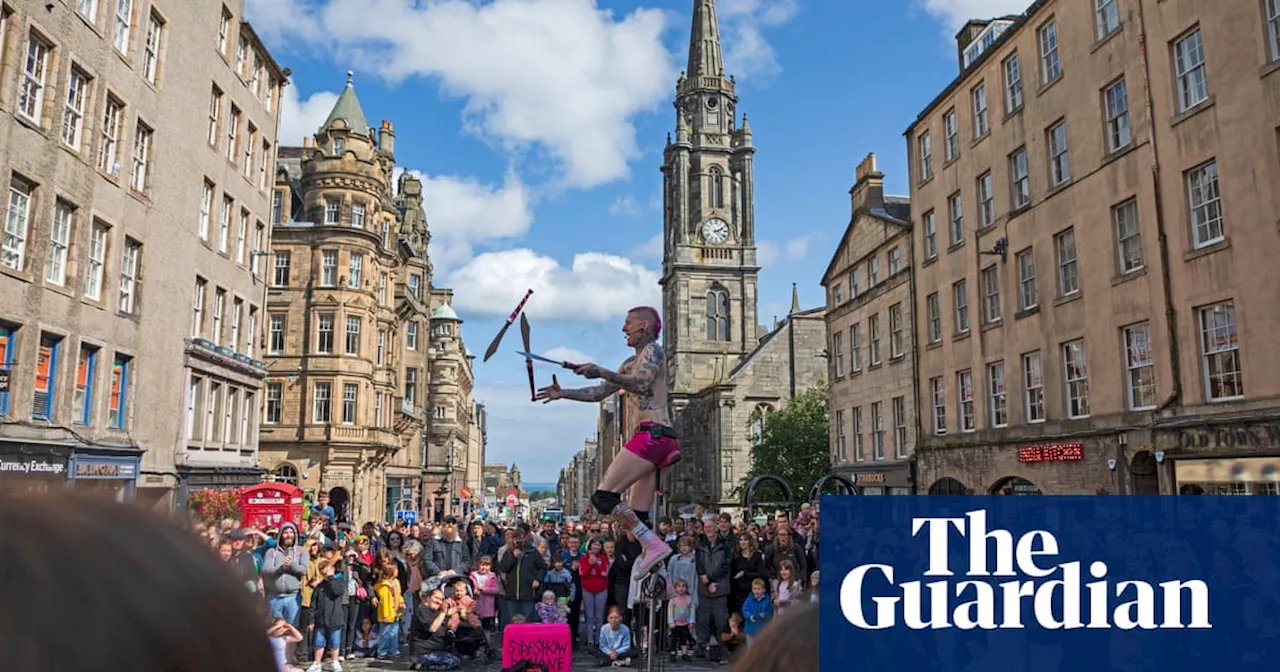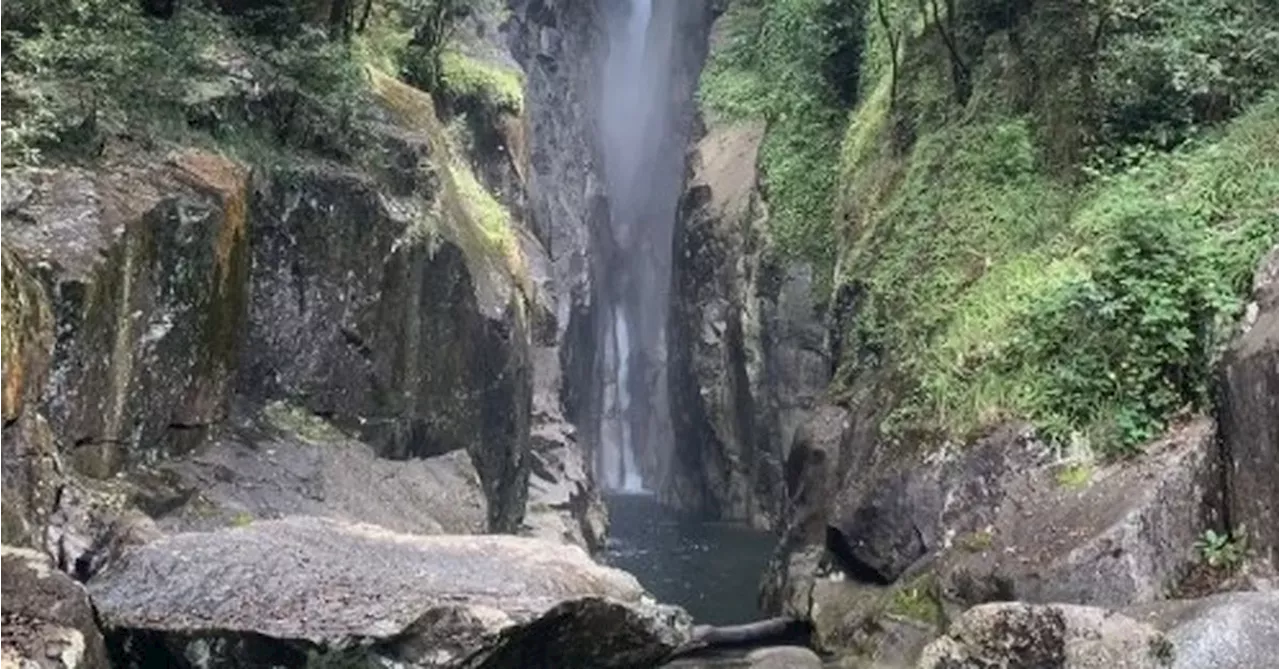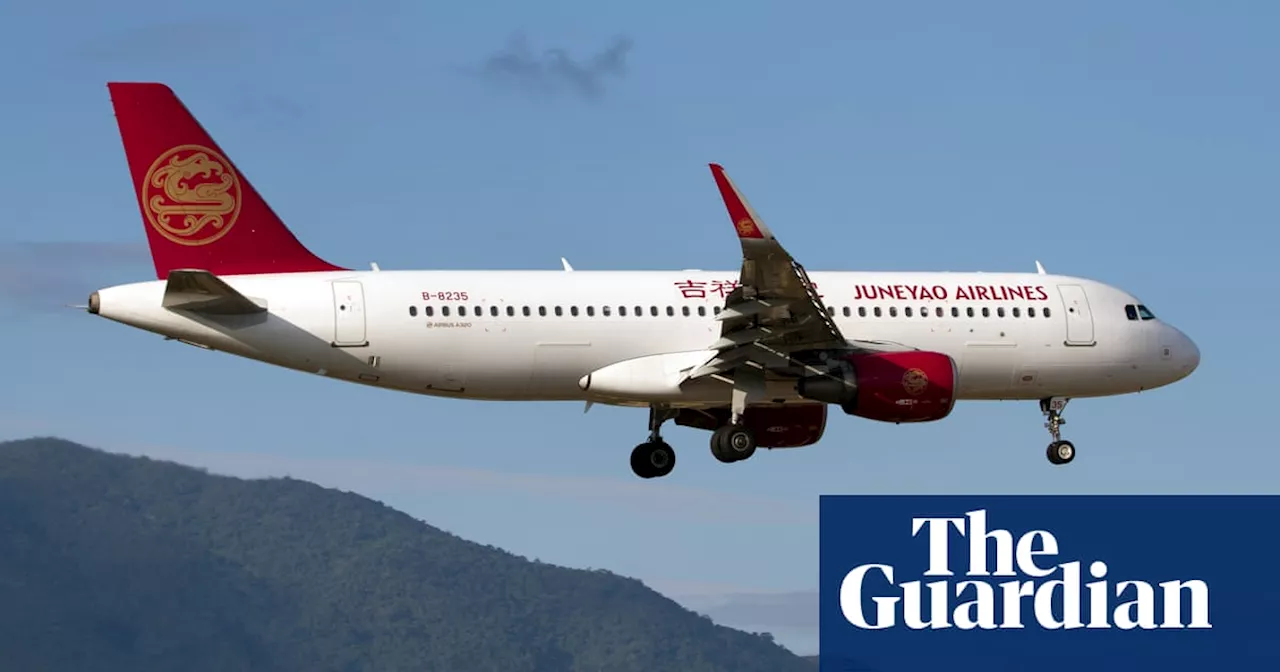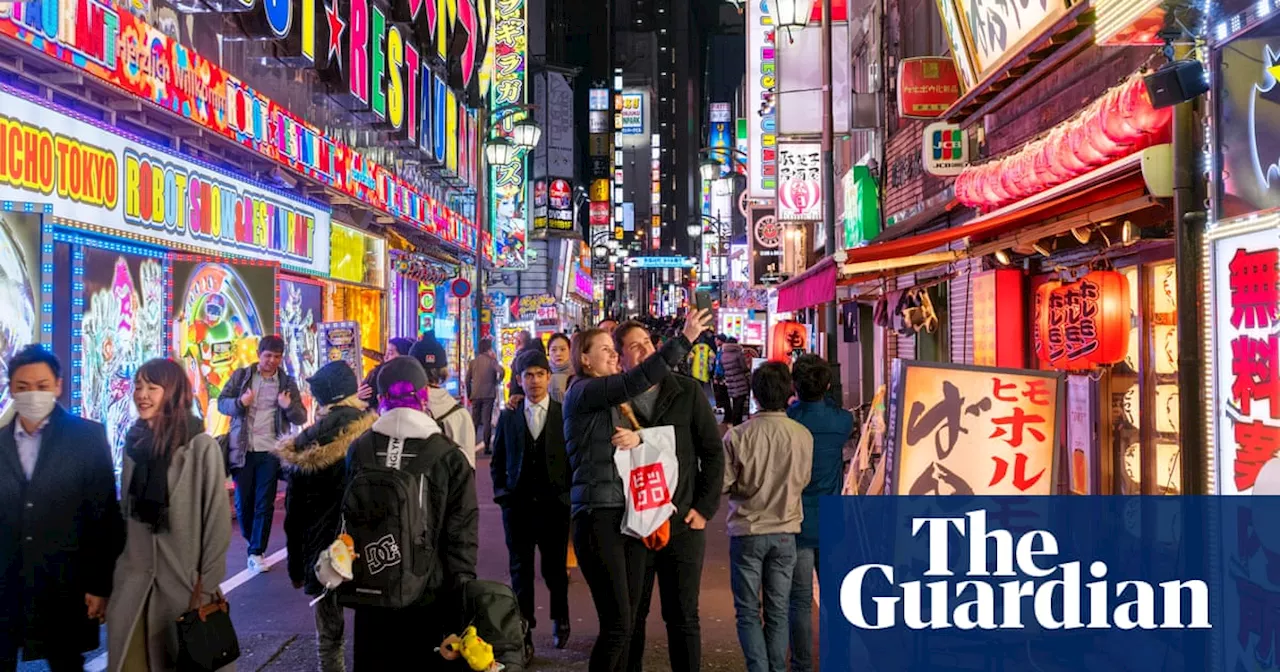This article explores the multifaceted impact of Tokyo's burgeoning tourism industry, juxtaposing the city's image as a sophisticated and wealthy destination with the realities of overcrowding and cultural disruption. The author offers a critical perspective on the narrative surrounding Tokyo's tourism boom, highlighting the economic anxieties that fuel the dependence on tourism and the often-overlooked consequences for residents.
Tokyo remains, in the world’s imagination, a place of sophistication and wealth. But with economic revival forever distant, ‘tourism pollution’ seems the only viable plan. The yen is low, and everybody is coming to Tokyo . If that sounds familiar, it’s not because I’m being coy or hedging my bets; it is the only information to be found in most English-language coverage of Japan ’s capital in the aftermath of the pandemic. I can’t stop reading these accounts.
After nine years in the country, you’d think I would have learned enough Japanese to liberate myself from the Anglo-American internet, but I’m afraid I’m stuck with flimsy stories about the tourist uptick for the time being. Part of the reason that so much coverage of the city where I live errs on the side of optimism is that Tokyo remains lodged in the postwar American imagination as a place of sophistication and wealth, good taste and cultural authenticity, with a reputation for deferential hospitality. Never mind that this was the calculated effect of bilateral postwar public relations campaigns, a boom in exportable middlebrow culture and fearmongering about Japanese industrial dominance. Now, 80 years after the American invasion, Tokyo is accessible to anyone with a couple of thousand dollars. Just as, in the popular telling, Mexico City is an oasis for digital nomads, or Yiwu is a modern-day Alexandria – a cosmopolitan shipping hub, attracting dealers in durables and middlemen from the global south – the travel-brochure-as-think piece only comes as a surprise to those who have managed to remain innocent of a century of complete transfiguration. The authors of such pieces suggest, always in the mildest, most consumer-friendly terms, that calling budget tourism down on Tokyo is the last hope for a country burnt to the filter. Japan’s economy never regained the heights of the asset price bubble of the late 1980s; wage increases have all but vanished for the past three “lost decades”, and the number of citizens has plummeted over the past 15 years (the population is estimated to become half its current number by 2100). Hence, every tourist delivered to Haneda or Narita airports counts, whether they are purchasing frocks on Omotesandō, pornographic manga in Akihabara, or fried dough at the FamilyMart. Or maybe, the next story in the cycle will venture, the real problem is that there are too many tourists. An ambitious author might draw parallels between the struggles against overtourism in Venice or Bali and Japan’s panicky municipal schemes to address holidaymakers thronging formerly sedate neighbourhoods or trawling red-light districts for teenaged prostitutes, citing editorials about foreigners yanking on cherry trees and eating so much rice they’ve endangered domestic supplies. I cringe when the television set in the coffee shop airs a story about foreign hooligans in Shibuya; if I’m in a coffee shop, I feel the eyes of the Japanese patrons on me as they consider my criminal predilections, but alone in my bedroom I actually savour the reports of congestion on public transit and interviews with outraged local residents making noise complaints. Most reports are helpfully followed by a commentator bold enough to bring up, or “tourism pollution”, a term ubiquitous in coverage of Chinese tourists since around 2018. Tokyo’s race towards peak tourism hasn’t been all bad. In this massive city, with an economy surpassing that of almost every country in Europe and an area of about 5,000 square miles, the ebb and flow of tens of millions of tourists can be better accommodated than in more boutique tourist traps abroad. The real estate market has received a modest jolt from developers buying up property for hotels, and tight restrictions on short-term rentals introduced six years ago have saved Tokyo from the market distortion of cities such as Florence, where Airbnb and predatory landlords have been blamed for an affordability crisis. Still, mass tourism is as demoralising and demeaning here as anywhere. Tourists disrupt the rhythm of the city, agents of minor turmoil set loose in familiar spaces. There may be no way to describe these transgressions without sounding like a crank – I know it is not maliciousness on their part – but I have lived in Japan long enough that the surprise of encountering a broad, looming American, with their transparent expressions and flashy Lycra pants, stuns me out of the daze into which the city has lulled me. I am rankled by offences invisible to outsiders. While part of me sympathises with the family of sightseers blundering their way on to a crowded Yamanote Line train with their suitcases, or the young women filming TikToks in the aisles of a Ministop, my Tokyo training means I know infringement of its unwritten rules when I see it. This is a city that expects people to suffer in peculiar ways
Tourism Culture JAPAN TOKYO TOURISM Overtourism CITY LIFE CULTURE SHOCK ECONOMIC ANXIETY POPULATION DECLINE
Australia Latest News, Australia Headlines
Similar News:You can also read news stories similar to this one that we have collected from other news sources.
 Edinburgh to Introduce UK's First City-Wide Tourist TaxEdinburgh will become the first UK city to implement a mandatory tourist tax, aiming to raise £50 million annually to support local services and infrastructure.
Edinburgh to Introduce UK's First City-Wide Tourist TaxEdinburgh will become the first UK city to implement a mandatory tourist tax, aiming to raise £50 million annually to support local services and infrastructure.
Read more »
 Salford City Aim for Momentum Boost Against Manchester CitySalford City, currently riding a six-game winning streak in League Two, face Manchester City in the FA Cup third round. The club, owned by the 'Class of 92', seeks to build on their recent success and attract new investment to fulfill their ambitions.
Salford City Aim for Momentum Boost Against Manchester CitySalford City, currently riding a six-game winning streak in League Two, face Manchester City in the FA Cup third round. The club, owned by the 'Class of 92', seeks to build on their recent success and attract new investment to fulfill their ambitions.
Read more »
 Dolphins lock up boom back-rower with multi-year extension — Transfer CentreNRL: Jarome Luai has revealed that pat of his motivation for leaving Penrith was to stop playing 'second fiddle'.
Dolphins lock up boom back-rower with multi-year extension — Transfer CentreNRL: Jarome Luai has revealed that pat of his motivation for leaving Penrith was to stop playing 'second fiddle'.
Read more »
 Hidden gems and sustainable travel destinations to explore in Thailand, away from the tourist crowds7NEWS brings you the latest local news from Australia and around the world. Stay up to date with all of the breaking sport, politics, entertainment, finance, weather and business headlines. Today's news, live updates & all the latest breaking stories from 7NEWS.
Hidden gems and sustainable travel destinations to explore in Thailand, away from the tourist crowds7NEWS brings you the latest local news from Australia and around the world. Stay up to date with all of the breaking sport, politics, entertainment, finance, weather and business headlines. Today's news, live updates & all the latest breaking stories from 7NEWS.
Read more »
 Body found in search for missing tourist at Babinda FallsA body has been found in the search for a missing tourist at Babinda Falls in Far North Queensland.
Body found in search for missing tourist at Babinda FallsA body has been found in the search for a missing tourist at Babinda Falls in Far North Queensland.
Read more »
 Surge in Air Routes Boosts Chinese Tourist Arrivals to AustraliaA surge in new air routes between Australia and China is expected to bring a record number of Chinese tourists to Australia this summer. The new routes, launched by Chinese airlines in recent months, have significantly increased air capacity between the two countries, reaching pre-pandemic levels by January.
Surge in Air Routes Boosts Chinese Tourist Arrivals to AustraliaA surge in new air routes between Australia and China is expected to bring a record number of Chinese tourists to Australia this summer. The new routes, launched by Chinese airlines in recent months, have significantly increased air capacity between the two countries, reaching pre-pandemic levels by January.
Read more »
